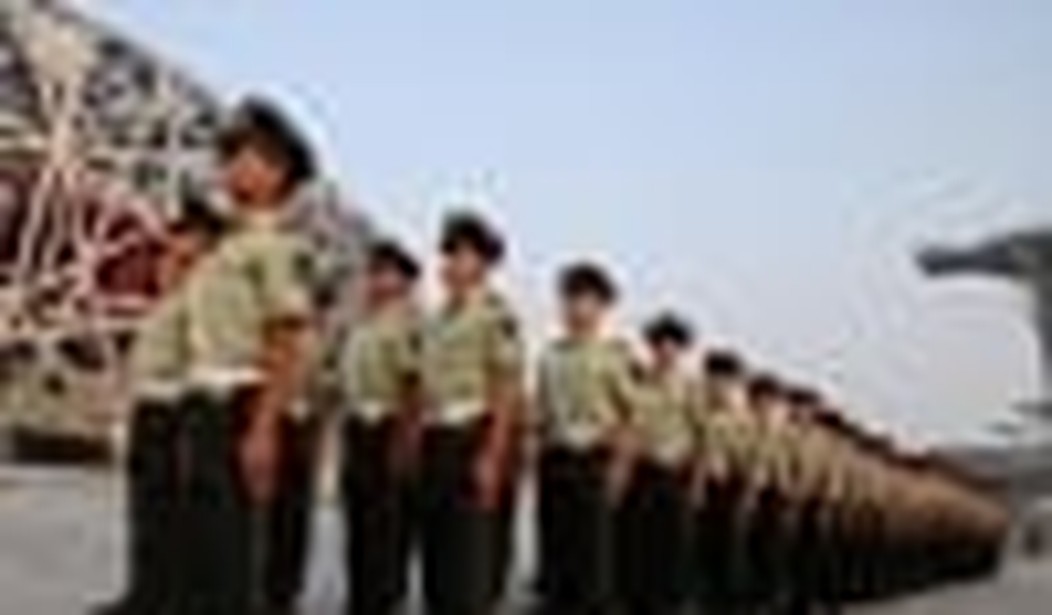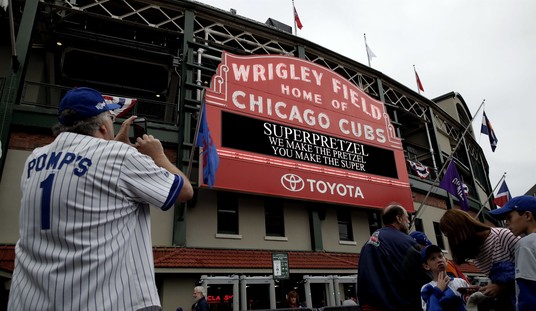The Summer Olympics, a 17-day extravaganza, begins in Beijing on Friday. There is a torrent of news about the event, so it’s hard to know what to look for — and what to ignore — as we try to figure out what’s really going on. There are three things to pay special attention to in the next two days.
The first is the reaction of Chinese officials themselves. There is a new hint of caution in government statements about the Olympics. This seems to say that, even at this late date, senior leaders still do not know how the event will turn out. It’s perhaps telling that Xi Jinping, China’s vice president and the official in charge of the Games, appears to be assuming a low profile. And his most important pronouncement on the topic sets a low bar by which the Olympics — and he — will be judged by his Communist Party comrades: “A safe Olympics is the premise for a first-class Games with Chinese characteristics,” he said last month. “Safety is our top concern here.”
And this brings us to the second thing to look for: the government’s use of repression in the last days before the flame is lit in Beijing. Xi’s statement on staging a safe Olympics has, for better or worse, set the official tone in the run-up to the opening ceremony. China watchers had always expected tight security for the event, but Chinese central officials have gone far beyond what any observer thought they might do. The Beijing government, for starters, has denied visas to businessmen, backpackers, and middle-aged tourists holding Olympics tickets.
Moreover, the central government has also ejected long-term foreign residents and canceled long-planned events involving foreign participants. Chinese citizens have been removed from Beijing, and many of them have been prevented from traveling there. The capital is now guarded by three rings of checkpoints and over 400,000 troops, police, and volunteers. Children cannot fly model planes, real pilots cannot quit or change their jobs, and dissidents have been forced to take “holidays.” Spectators at the Games are not permitted to stand up in their seats. The only thing Chinese leaders have not done is declare martial law; but, even if they did, it’s not clear that things would be much different than they are at this tense moment. The Games are supposed to be a joyous celebratory event, but the unprecedented clampdown means they have become the “No-Fun Olympics.”
The problem is that the People’s Republic has made enemies of many of its people in its six decades, and now some of them are using the Summer Games as a stage to air long-held grievances. The Uighurs, for instance, have periodically rebelled since they were reconquered by Mao Zedong immediately after seizing control of China. On Monday, two Turkic Muslims drove a truck into barracks in Kashgar, near the westernmost part of China, and, according to state media, killed 16 paramilitary troops while wounding 16 others. Despite the high toll, the assault appears to have been relatively unsophisticated. The prevailing belief among analysts, which appears correct, is that Uighur militants do not have the organizational ability to mount attacks on any of the sites in the seven cities where the athletic competitions will be held. That’s why they targeted a location far from the Games on Monday.
So how Chinese authorities react in the next two days will show how secure they feel. They are, of course, stepping up security in Kashgar and elsewhere in restive Xinjiang province. And it is not surprising that they are not taking chances at Olympic sites. “We have strengthened security in all Olympic venues and in the Olympic village,” said Sun Weide, a Chinese Olympic spokesman, on Monday. “We are well-prepared to deal with any kinds of threats.”
Yet Beijing, in its efforts to ensure absolute security, is considering almost everything a “threat.” Paramilitary police, for instance, beat two Japanese journalists in Kashgar and broke their equipment on Monday. That was an indication that the Beijing Olympic organizing committee was not serious late last month when its spokesman expressed regret for police roughing up Hong Kong reporters. The journalists were covering the chaos surrounding the sale of the last batch of Olympics tickets in Beijing and got caught up in events. There will undoubtedly be other occasions in the next few days when members of the press come up against police and other agents of the state, and the reaction of security officials will be telling. So far, it looks as if officials will continue to overreact. And if they do, we will know that Chinese officialdom, despite the supposed liberalizing influence of the Olympics, has not changed much over the years.
Yet China’s people have certainly changed. The third thing to watch for is what they do before Friday. This will speak volumes about Chinese society. The Games are taking place in a turbulent time in the country’s history. This December will mark the 30th anniversary of the beginning of the reform era. That’s three decades of almost unrelenting transformation. Today, there’s unimaginable societal change at unheard of speed thanks in large part to government-sponsored economic growth and social engineering. China, to say the least, is unsettled at this moment.
Beijing is in a sense unlucky to host the Games this particular year, scarred by natural disasters, large-scale protests, and acts of violence. Yet, apart from the earthquake that rocked Sichuan province in May, most of China’s problems this year are ultimately traceable back to the faults inherent in its political system. Actress Sharon Stone caused an uproar in China that month because she talked about the country’s bad karma, but even Chinese netizens said these events looked like punishments from Heaven. The notion that what goes around comes around is something that, on one level or another, most of us accept.
How the Chinese people react in the final days to the Olympics — whether they show the world enthusiasm, boredom, or defiance — will say much about how Chinese society will change once the Olympic flame is doused and the athletes and tourists go home.








Join the conversation as a VIP Member